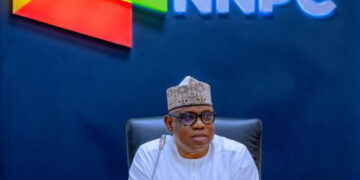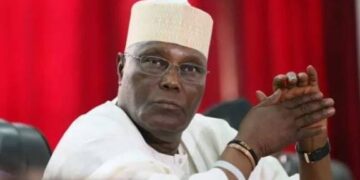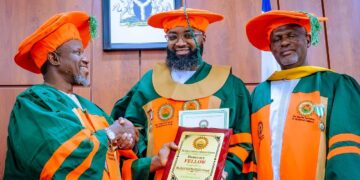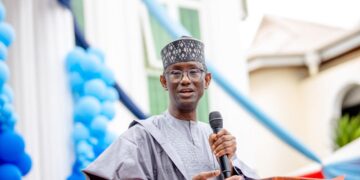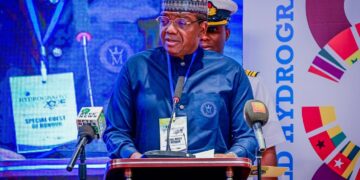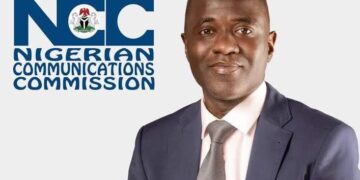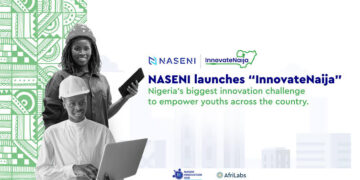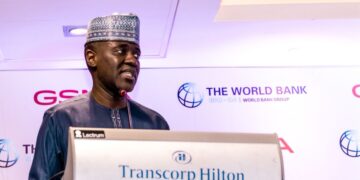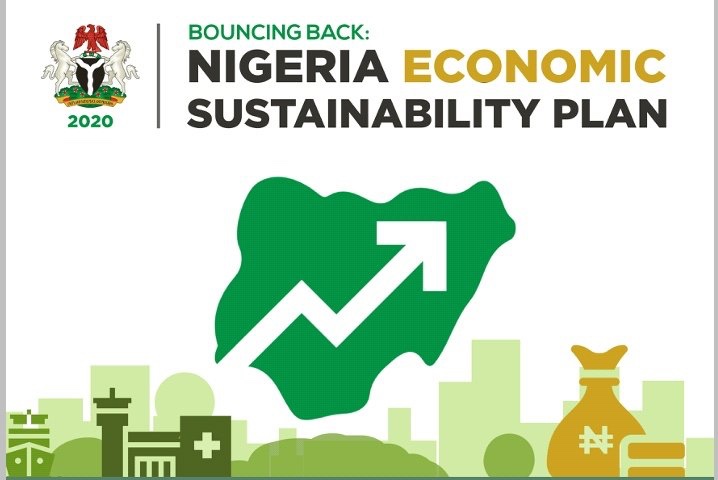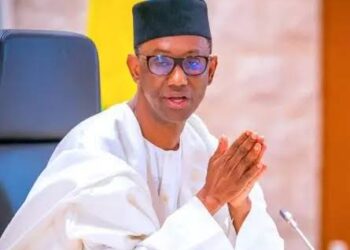By Musa Ilallah
It is imperative that i begin this discussion with laying a basic foundation of what Nigeria Economic Sustainability Plan, NESP is all about, what informed its setting up by government and its main focus areas.
The Nigeria Economic Sustainability Plan, NESP was approved by the Federal Executive Council in June this year which was developed by the Economic Sustainability Committee, ESC put in place by President Buhari in March 2020.
Chaired by Vice President Yemi Osinbajo, the ESC comprised several Cabinet Ministers as well as the Group Managing Director of the NNPC and the Governor of the Central Bank of Nigeria, CBN.
ESC’s terms of Reference include
Developing a Plan to respond robustly and appropriately to the challenges posed by the COVID-19 pandemic, identify fiscal measures to enhance oil and non-oil government revenues and reduce non-essential spending, create a financial stimulus package for the Nigerian economy, articulate specific measures to support States and FCT, and support MSMEs and the creation of jobs.
The NESP was developed as a 12-month, 2.3 Trillion Naira ‘Transit’ Plan between the Economic Recovery and Growth Plan, ERGP and the successor plan to the ERGP, which is currently in development.
The NESP will be funded by N500 billion from Special FGN Accounts, N1.1 trillion from the CBN in the form of structured lending, N334 billion from external bilateral and multilateral sources, N 302.9 billion from other funding sources
Design and implementation of NESP is driven by interventions in Mass Agricultural Programme, MAP which is intended to ensure cultivation of 20,000-100,000 hectares of new farmland in every State and support offtake and agro-processing with low-interest credit. This will create millions of direct and indirect job opportunities; on Infrastructure through Extensive Public Works and Road Construction Programme where 774,000 young Nigerians will be recruited in all 774 LGAs in Nigeria by direct jobs. Their focus will be construction and repair of major and rural roads using locally available materials; Mass Housing Programme, MHP which will deliver up to 300,000 homes every year. Young professionals and artisans will organise themselves into small and medium scale co-operative businesses in construction industry to develop the houses based on standardized designs. This will also prioritize use of local labour and materials; Installation of Solar Home Systems, SHS that targets 5 million households, serving about 25 million individual Nigerians currently not connected to National Grid. Solar equipment manufacturers will be required to set up production facilities in Nigeria, to provide the materials required and investment in Healthcare Infrastructure that will be done through a special intervention fund as well as by tapping into an existing World Bank facility, REDISSE Programme to support COVID-19 interventions in States.
Others are informal Sector Support for Medium, small and medium enterprises scheme, MSMEs through low-interest loans, and easing of procedures for registration, licensing and obtaining permits. Mechanics, tailors, artisans, petty traders and all other informal businesses will be supported to grow their businesses; expansions of National Social Investment will see an increase in the number of cash transfer beneficiaries, N-Power volunteers and sundry traders enjoying small and micro loans through the MarketMoni and TraderMoni schemes.
The pre-existing conditional cash transfer will also be extended to cover a larger number of extremely poor and vulnerable Nigerians.
The good news is that because of the magnanimity of the President, he had recently approved an increase in the number of N Power beneficiaries from 500,000 to 1 million.
Meanwhile, reality has dawned on Nigerians that PMB had commenced N240 bn nationwide solar installation programme.
Towards easing the acquisition by Nigerians, government has mandated affordable credit at 5-10% interest rate to private sector solar companies to fund programme in addition to prioritising off-grid under-served communities.
In continuation of a coordinated implementation of the Economic Sustainability Plan, ESP across the country, the Buhari administration had commenced the process of installation of 5 million solar home systems in under-served and off-grid communities across the country. This programme will include assembly and manufacturing of components of off-grid solutions to facilitate growth of local manufacturing industry, while use of local content will be incentivized.
Designed to cover up to 5 million households and serve about 25 million individual Nigerians who live mostly in rural communities, the beneficiaries are not currently connected to national grid.
Based on the plan of the Economic Sustainability Committee set up earlier in the year by the President who asked the Vice President to chair, the Central Bank of Nigeria, CBN will make available funds to the private companies in solar power sub sector involved in the manufacturing, assembling, installation and servicing of the solar systems, at rates ranging between 5 to 10 percent, way below the current commercial lending rates in the country.
Sources say the objective of providing cheap credit for companies involved in the programme is to significantly reduce cost of acquiring the system by end users who are Nigerians most of whom are not being served by national grid. The reduction in the lending rate will be a big incentive for private sector under ESP while also making power and energy more affordable for the 25m Nigerians when compared to consumers of electric power.
The Solar Home System as an important component of the Buhari administration’s ESP is designed as part of measures by Government to ramp up power supply across the country by catering specifically for communities not connected to the national grid and also as part of the administration’s strategy to address overall challenges in the power sector as Solar is not only cheaper but considered to be cleaner and renewable.
Aside providing access to affordable energy, the objective of the plan is to improve social, economic and environmental welfare of 25 million Nigerians while generating jobs, increasing revenues and import substitution.
Regarding jobs, the ESP 5m Solar installation is expected to create about 250,000 jobs in manufacturing, assembling, installations, maintenance and payment systems.
It is for real that the PMB administration is making giant strides towards improving the lives and livelihoods of Nigerians from all walks of life.
Musa Ilallah
musahk123@yahoo.com

